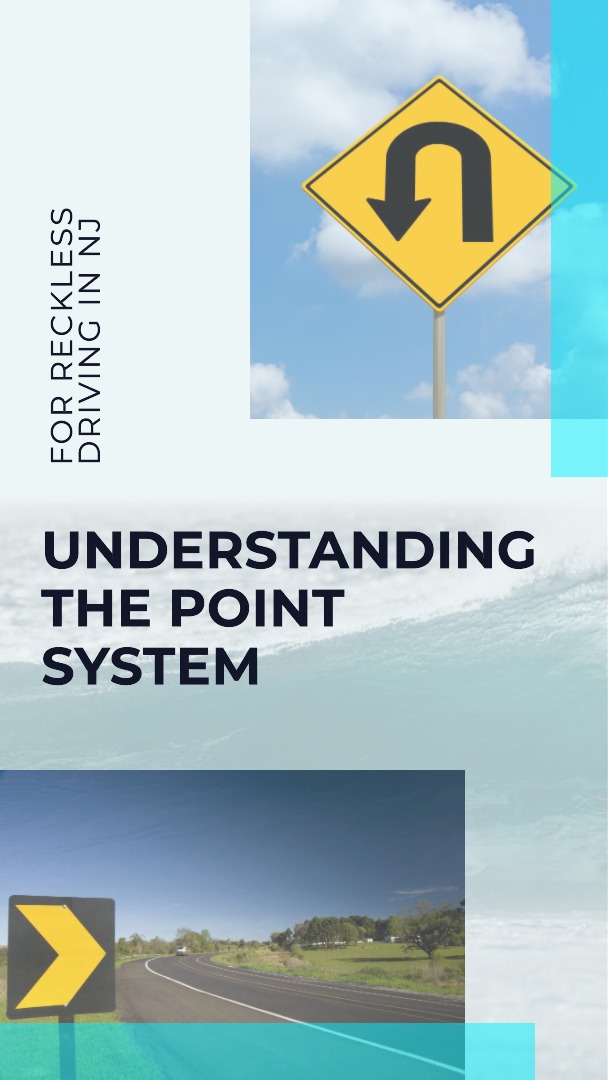Introduction:
Reckless driving is a serious offense that can have significant consequences for motorists in New Jersey. Apart from the immediate risks associated with reckless behavior on the road, the state employs a points system to further penalize such actions. This article delves into the intricacies of reckless driving penalties in New Jersey, specifically addressing the question, How Many Points Is Reckless Driving in New Jersey? The focus will be on the points system and its implications for drivers, shedding light on the severity of the offense and the potential long-term consequences for those facing reckless driving charges.
The Points System in New Jersey:
New Jersey, like many other states, uses a points system to track and penalize traffic violations. Each traffic offense carries a specific point value, and accumulating too many points within a certain timeframe can result in various consequences, including license suspension and increased insurance premiums.
Reckless Driving Points:
Reckless driving is a particularly serious offense, and it is associated with a high number of points in New Jersey. Typically, reckless driving convictions result in the assessment of five points on the driver’s record. These points can add up quickly, especially considering that the state has a zero-tolerance policy for reckless behavior on the road.
Immediate Consequences:
Upon being convicted of reckless driving, the immediate consequences can be severe. In addition to the points added to the driver’s record, fines are imposed, and there is the possibility of license suspension. The severity of these consequences may vary based on the specific circumstances of the reckless driving incident, such as whether it involved property damage, injuries, or other aggravating factors.
Insurance Implications:
Accumulating points on a driving record can also have a direct impact on insurance premiums. Insurance companies often view drivers with a history of reckless driving as high-risk, leading to increased premiums or even policy cancellations. It is crucial for drivers to be aware of the potential long-term financial implications of reckless driving convictions.
License Suspension:
The accumulation of points from reckless driving or other traffic violations can eventually lead to license suspension. In New Jersey, a driver who accumulates 12 or more points within a two-year period may face a license suspension. Understanding the point system and taking steps to prevent accumulating points is essential for maintaining driving privileges.
Defensive Driving Courses:
In some cases, drivers who have been convicted of reckless driving may have the option to enroll in defensive driving courses. Completing an approved course can result in a reduction of points on the driving record. While this may not completely erase the consequences of reckless driving, it can be a proactive step toward mitigating the impact on both driving privileges and insurance premiums.
Legal Options:
It is important for individuals facing reckless driving charges to explore their legal options. Consulting with an experienced traffic attorney can help drivers understand the best course of action to minimize the impact of reckless driving convictions. Attorneys may be able to negotiate reduced charges, lower fines, or alternative penalties that can lessen the overall consequences.
Conclusion:
Reckless driving in New Jersey comes with significant penalties, including the accumulation of points on a driver’s record. Understanding the points system, immediate consequences, insurance implications, and available legal options is crucial for individuals facing reckless driving charges. By being informed and taking proactive steps, drivers can work to mitigate the long-term impact of this serious traffic offense.


